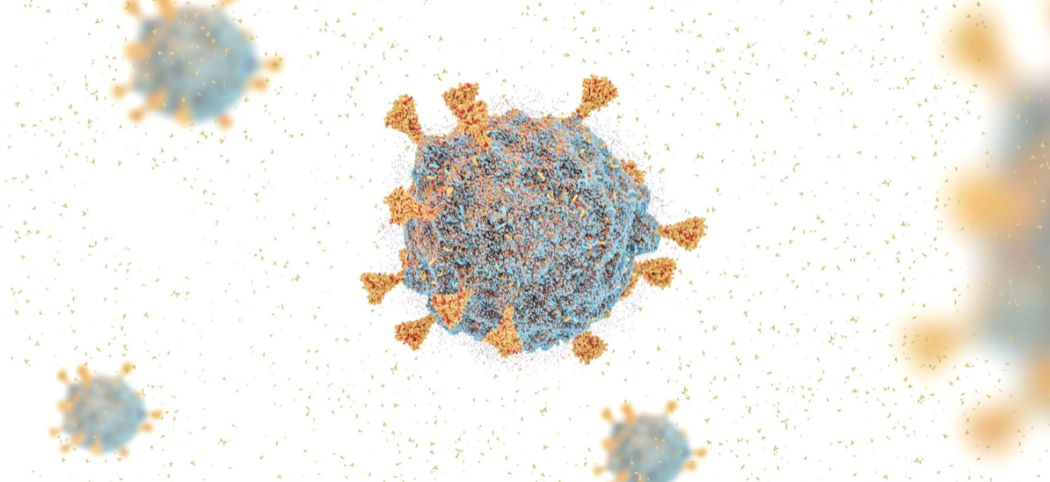Just when we thought things were finally getting back to normal, another coronavirus variant has come in to ruin our plans. The new variant, labeled Omicron by the World Health Organization, was first detected in South Africa in late November and has now been identified in several countries around the world including Hong Kong, the Netherlands and the United Kingdom.

New variants of the virus are not unexpected. According to Stuart Ray, M.D. and Robert Bollinger, M.D., M.P.H — experts in SARS-CoV-2, the virus that causes COVID-19 — RNA viruses such as coronavirus are expected to evolve gradually over time due to the various mutations to the virus’s genes. Not all variants are of concern though. Organizations such as the World Health Organization (WHO) and the Center for Disease Control and Prevention (CDC) classify variants into different categories: a variant of interest, variant of concern or variant of high consequence. The new Omicron variant is considered a variant of concern as are the Alpha, Beta, Gamma and Delta variants. They are classified in this way because they have been observed to be more infectious and more likely to cause re-infection in people who are vaccinated or have previously been infected by coronavirus.
Why is this new variant of concern? Scientists don’t know much about it; researchers in South Africa and around the world are currently conducting studies to figure out just how transmissible and severe it is, but as of right now, it is not exactly clear.
What scientists have found, however, is that there are increasing rates of hospitalizations in South Africa, which is a concern. But, this may just be due to increasing numbers of people becoming infected, not necessarily resulting from a specific infection with Omicron. Preliminary evidence also suggests that Omicron may cause an increased risk of reinfection in people who already had coronavirus, but, again, more information is needed before that can be concluded.
As of now, scientists are mostly concerned about Omicron because it has a very high number of unusual mutations. This higher number of mutations doesn’t necessarily mean that it is worse than the other variants, but the mutations themselves — some of which scientists have seen and some of which they have not — suggest that it might be.

Due to this lack of knowledge, the CDC expanded its guidance surrounding COVID vaccine booster shots urging anyone over the age of 18 to get their booster shots when they are eligible — you can get a booster either six months after your initial Pfizer or Moderna vaccine or two months after your initial J&J vaccine. WHO also advised its member nations to boost coronavirus surveillance, testing and vaccination efforts. They explained that the earliest data surrounding Omicron indicates that the variant presents a “very high” global risk.

There have been no reported deaths linked to the Omicron variant, but countries are currently imposing new restrictions and regulations. Dozens of countries, including the U.S., have reimposed travel restrictions to help curb the spread of the virus. The U.S. has prohibited travel from eight Southern African countries including South Africa, Mozambique, Botswana and Zimbabwe. U.S. citizens and residents are exempt from the ban, but they must show a negative COVID-19 test before they can get into the country. WHO, and many scientists, have opposed the travel bans put in place; they repeatedly point out how previous travel restrictions have done less to stop the spread of any variant and more to cause stigmatization and economic problems in those countries. Instead, scientists are urging expanded vaccine distribution across the world, especially to nations with low vaccination rates and without widespread access to vaccines.
While we don’t know a lot about the Omicron variant as of right now, we do know that the pandemic isn’t over yet, and we must continue to be careful and do all that we can to fight against a new wave of COVID-19 cases. WHO’s recommended actions for individuals in the wake of this new variant include wearing masks, avoiding crowded or poorly ventilated spaces, washing your hands, keeping physical distance from others and getting vaccinated or getting a booster shot when given the opportunity.





